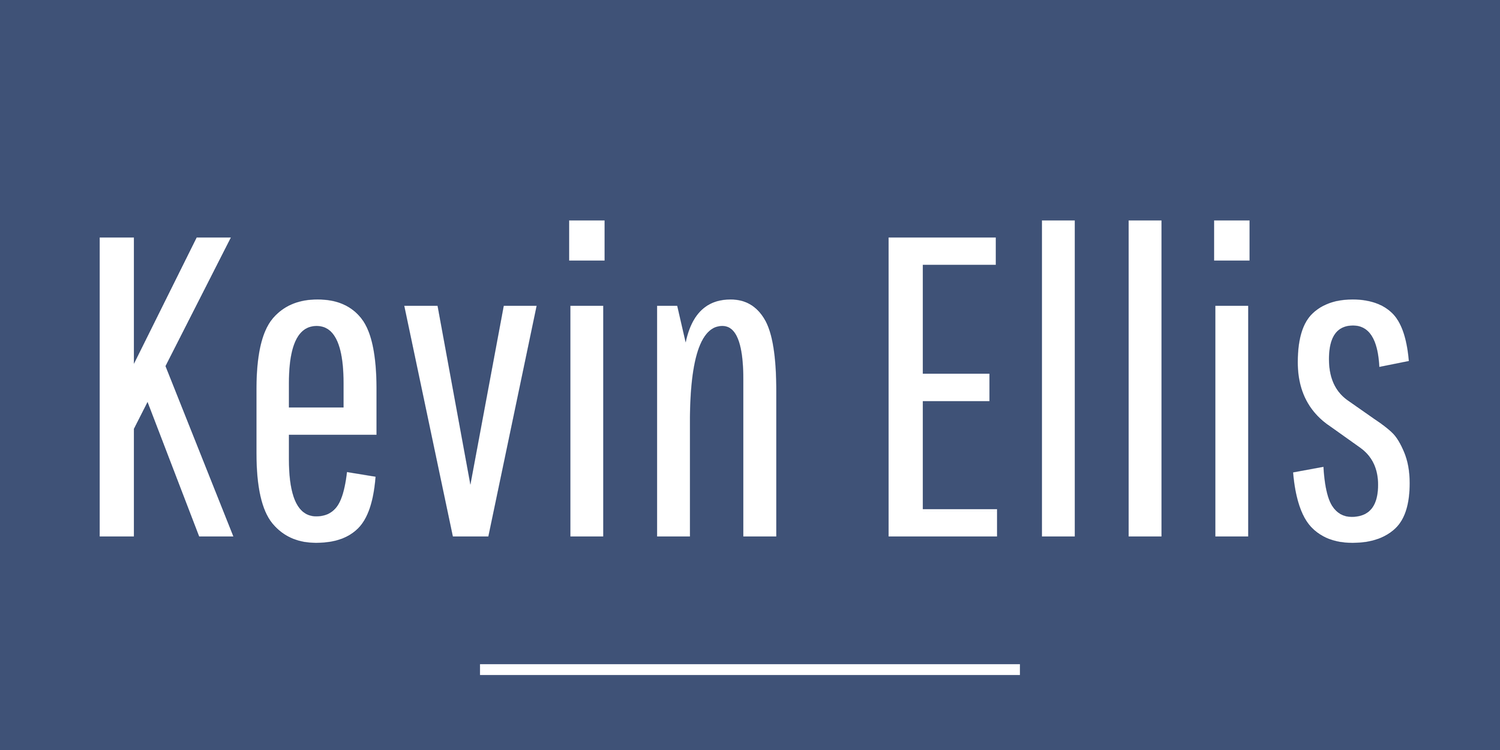Vermont's Missed Opportunity
David Hall’s decision to sell the more than 1,000 acres he owns in Orange and Windsor counties is a missed opportunity for Vermont and a bad omen for our future.Disclosure – I was a paid consultant to Hall for a few months last year and lived in South Strafford (Orange county) for almost a decade.His decision to leave Vermont is a victory for opponents who saw in his goals the destruction of their way of life.Here is a quick summary ---https://www.sevendaysvt.com/OffMessage/archives/2018/06/27/utah-millionaire-abandons-plan-for-futuristic-community-in-vermont But it is worth getting beyond the emotion and be clear about what Hall proposed.
- a 20,000 person, sustainable community with no carbon footprint that farms its own food.
- contrary to the opposition’s scare tactics, the community would be open to anyone, not just Mormons. (Hall is Mormon)
- most of the land would be left for wildlife to evolve on its own to sequester carbon.
The outright rejection and refusal to even discuss Hall’s proposal is not only a missed opportunity for Vermont. It demonstrates a familiar intolerance to new ideas that endanger our future.Indeed, the Hall/New Vistas proposal mirrored what environmentalists in Vermont have been saying for decades. We should stop dividing our land into 10-acre lots. We should limit the driving of cars. We should live in clusters and limit greenhouse gas in a renewable energy economy.Years and years of panels and legislative committees and speech and campaign have discussed these subjects. And yet this is exactly what Hall proposed – a clustered community with enough scale to create lots of jobs, no auto pollution, growing its own food and allowing the surrounding forest/farmland to sequester carbon.But the American dream of a house on your own 10-acre paradise is a powerful emotional force. And people will defend that dream, even if it means no population growth, closing many of our schools and becoming a place for environmentalists and tourists to retire while working Vermonters suffer as the rural economy declines.Indeed, Hall is someone who was acting on his beliefs about climate change, food production, job creation and conservation. He believes deeply that the way we use land is economic and environmental suicide in the long run.And he is right.Vermont faces stark choices about its future. The state is aging. Its rural economy is dying. It lacks wealth and a modern economy and culture that attracts young people.Those most vehemently opposed to Hall’s proposal have the education, privilege and political power to protect what they have. But it mystifies me that when a guy comes to town and proposes to spend millions on a radical proposal on climate change, land use and air/water pollution, the reaction in Vermont is to refuse to speak with him and oppose him at every turn.I don’t remember one political leader in this state who expressed interest in speaking with Hall. Yet these same leaders speak with developers every day about their projects. And Hall emphasized his proposal looked at least 80 years into the future. It was absolutely NO threat to current land use for a generation. We had 80 years to talk about key issues around climate and land-use with no threat at all.It turns out we are pretty good at permitting Dollar General stores and Cumberland Farms that destroy rural downtowns. We are even better at requiring historically accurate windows in affordable housing projects. But when it comes to radical change that could play a role in a new future for Vermont, our politics and culture just don’t allow for a discussion.At some point, Vermont needs to deal with the economic crisis that looms ahead, not to mention the climate crisis when Boston is under water and people are streaming here.Hall’s money and ingenuity could have done a lot of good in communities where I have lived and worked. These places need capital and people and students. Hall was trying to walk the walk on conservation. Too many of us, myself included, are content to talk a good game.Some day, somewhere, when these communities continue to suffer and erode, someone will ask why we didn’t sit down with David Hall and ask for his input.
